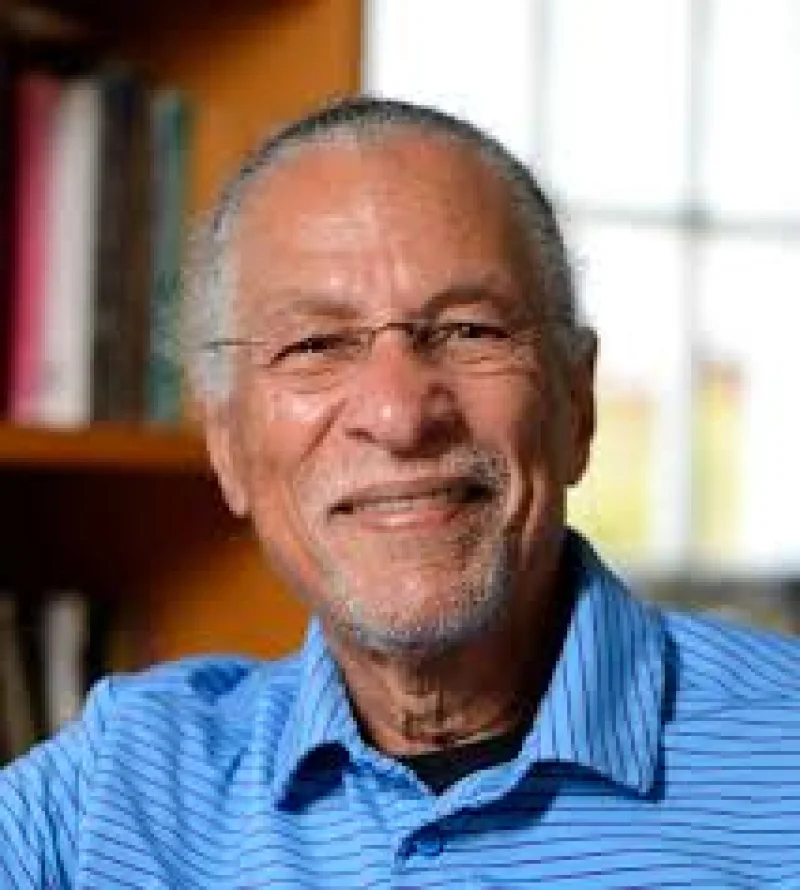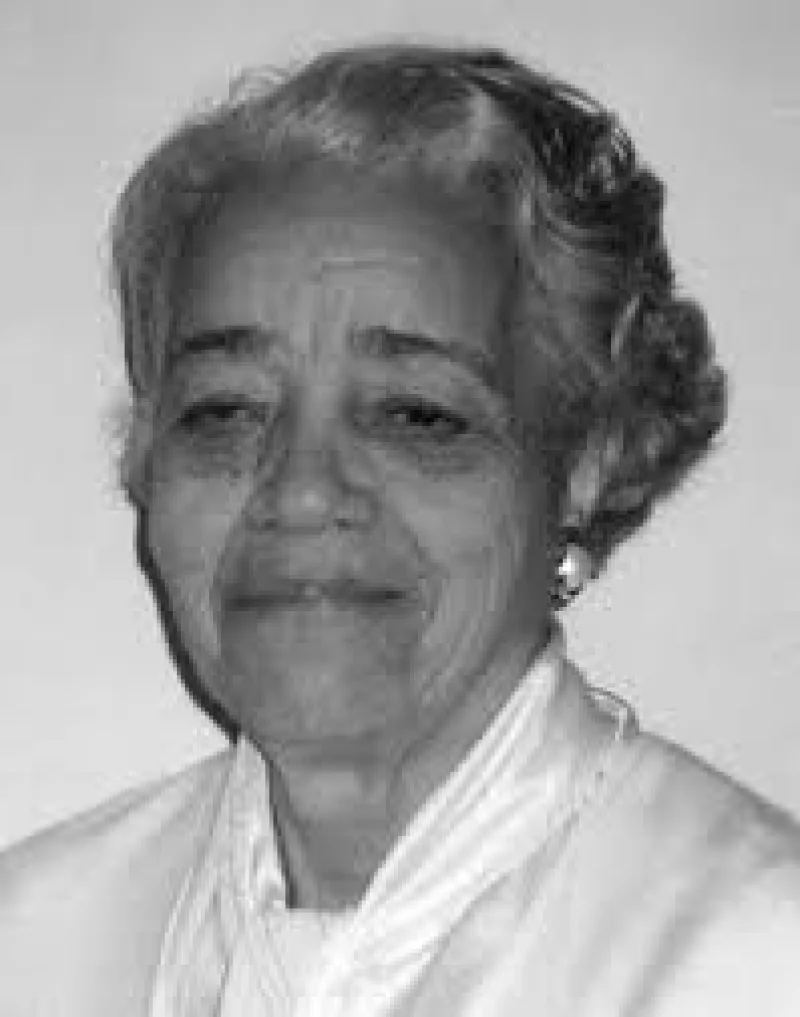Short Summary
John Muir was a Scottish-American naturalist, writer, and conservationist who played a vital role in the development of the national parks system in the United States. Often called the “Father of the National Parks,” Muir’s passion for nature and preservation shaped modern environmentalism.
Early Life & Education
Born on April 21, 1838, in Dunbar, Scotland, John Muir immigrated to the United States with his family in 1849, settling in Wisconsin. He showed an early interest in nature and mechanics. Muir attended the University of Wisconsin-Madison but left before graduating. He later pursued extensive self-education through reading, exploring, and documenting nature.
Career Highlights
Muir’s early work was in industrial design, but a serious accident in 1867 led him to rethink his life’s path. After recovering, he embarked on a thousand-mile walk from Indiana to Florida, documenting the landscapes he encountered. He later traveled to California’s Sierra Nevada, where he became deeply connected to Yosemite Valley.
Major Achievements
- His writings helped influence the U.S. Congress to establish Yosemite National Park in 1890.
- He co-founded the Sierra Club in 1892, which remains one of America’s leading environmental organizations.
- He strongly advocated for the preservation of wilderness areas across the United States.
- He influenced U.S. President Theodore Roosevelt to expand the national parks system.
Famous Quotes
“The mountains are calling and I must go.”
“In every walk with nature one receives far more than he seeks.”
“The clearest way into the Universe is through a forest wilderness.”
Interesting Facts
- He was instrumental in the creation of several national parks including Yosemite, Sequoia, Mount Rainier, and Grand Canyon.
- Muir kept extensive journals, which were later published into books and essays.
- He once lived in a cabin near Yosemite Creek, which he built himself using logs and stones.
- He referred to nature as “God’s wildness” and saw wilderness as a sacred space.
- His efforts laid the philosophical foundation of the American conservation movement.
Legacy / Influence
John Muir’s legacy lives on in the form of protected lands, environmental policy, and conservation organizations. He inspired generations of conservationists and outdoor enthusiasts. His work directly contributed to the creation of the U.S. National Park Service in 1916. The John Muir Trail and John Muir Wilderness in California are named in his honor.
FAQ
Q: What is John Muir most famous for?A: He is most famous for helping establish national parks in the U.S. and founding the Sierra Club.
Q: Did John Muir write books?
A: Yes, he authored several works including “My First Summer in the Sierra” and “The Mountains of California.”
Q: How did Muir influence Theodore Roosevelt?
A: Muir took Roosevelt on a camping trip in Yosemite in 1903, deeply influencing the president’s conservation policies.
Q: What was John Muir’s philosophy on nature?
A: He believed nature should be preserved for its spiritual and intrinsic value, not just for economic use.
Q: When did John Muir die?
A: He died on December 24, 1914, in Los Angeles, California.












